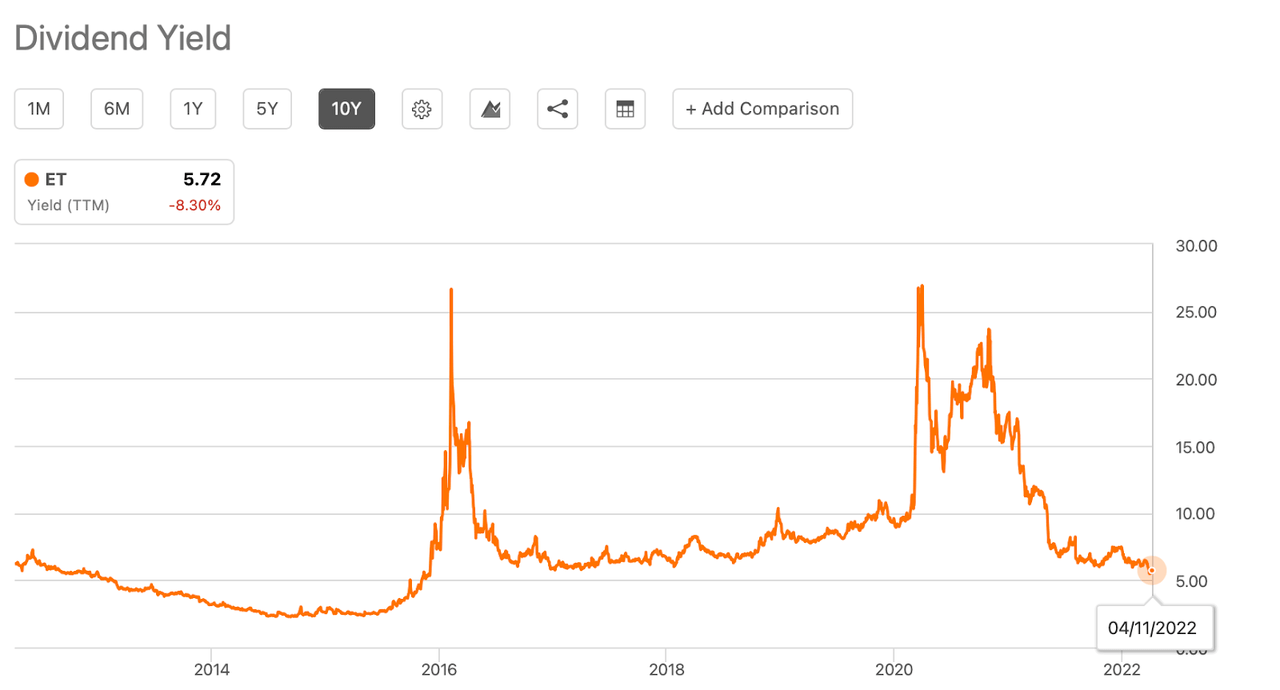
It's possible that you are just starting out in investing, and you don't know much about the stock markets. You might wonder what the best online stock brokerage for beginners is. The answer will depend on your investment goals and knowledge. The following is a comparison of the best online stock brokers for beginners, including Charles Schwab, Ally Invest, Merrill Edge, TD Ameritrade, and more. There are brokers for all types of investors, including beginners.
Charles Schwab
Charles Schwab's services are great for anyone who is new to investing, or an investor with experience. There is no minimum account requirement, no commission on ETFs or stock trades and thousands of funds can be accessed at a reasonable price. Schwab is a full-service brokerage that places emphasis on investing education. There are also no transaction charges, and several investment platforms are available.

Ally Invest
Although the platform is simple to use for placing transactions, Ally Invest does not offer advanced trading features like order routing, options strategies and dynamic charting. Instead, you will have to cancel all orders manually once your stop/profit loss triggers. Ally Invest has these features but is far behind other online brokers. It also does not support futures and cryptocurrency trading.
Merrill Edge
If you're a beginner and don't know what you're doing with stocks, Merrill Edge may be the best online stock broker for you. This broker allows you to trade multiple asset classes and has a user-friendly interface. Merrill Edge also offers a list with buy-rated funds. However, this doesn't guarantee performance. To get out of the complexities and risks of trading, you can use their managed service. This option will depend on how much you are willing to invest.
TD Ameritrade
TD Ameritrade is one of the best online brokers for beginners. Its intuitive desktop tools allow for quick trade execution. Its wealth management services include stock and option research, and third-party reports. The "knowledge centre" offers a wealth information on everything from stock picking to investment principles. It also offers access to experts in asset management, as well as a wide range of tools and research that can help traders make better investment decisions.

Interactive Brokers
Before you sign up with an online stock broker, you should determine your level of knowledge. Some brokers let you invest with a small amount of money, while others require you to make a larger deposit before opening an account. Online stock brokers may be more suitable for those with limited budgets. There are many benefits to using an online stock broker for beginners, including low account fees and educational resources. Learn more about these benefits.
FAQ
Are stocks a marketable security?
Stock can be used to invest in company shares. This is done via a brokerage firm where you purchase stocks and bonds.
You can also directly invest in individual stocks, or mutual funds. There are more mutual fund options than you might think.
The key difference between these methods is how you make money. With direct investment, you earn income from dividends paid by the company, while with stock trading, you actually trade stocks or bonds in order to profit.
Both cases mean that you are buying ownership of a company or business. However, when you own a piece of a company, you become a shareholder and receive dividends based on how much the company earns.
Stock trading allows you to either short-sell or borrow stock in the hope that its price will drop below your cost. Or you can hold on to the stock long-term, hoping it increases in value.
There are three types stock trades: put, call and exchange-traded funds. Call and Put options give you the ability to buy or trade a particular stock at a given price and within a defined time. ETFs, also known as mutual funds or exchange-traded funds, track a range of stocks instead of individual securities.
Stock trading is very popular because it allows investors to participate in the growth of a company without having to manage day-to-day operations.
Stock trading is a complex business that requires planning and a lot of research. However, the rewards can be great if you do it right. If you decide to pursue this career path, you'll need to learn the basics of finance, accounting, and economics.
What is the difference between a broker and a financial advisor?
Brokers are specialists in the sale and purchase of stocks and other securities for individuals and companies. They handle all paperwork.
Financial advisors can help you make informed decisions about your personal finances. They can help clients plan for retirement, prepare to handle emergencies, and set financial goals.
Banks, insurers and other institutions can employ financial advisors. They could also work for an independent fee-only professional.
Take classes in accounting, marketing, and finance if you're looking to get a job in the financial industry. You'll also need to know about the different types of investments available.
How are Share Prices Set?
Investors set the share price because they want to earn a return on their investment. They want to make money with the company. They buy shares at a fixed price. Investors make more profit if the share price rises. If the share price goes down, the investor will lose money.
Investors are motivated to make as much as possible. This is why they invest. They can make lots of money.
What is a "bond"?
A bond agreement is an agreement between two or more parties in which money is exchanged for goods and/or services. Also known as a contract, it is also called a bond agreement.
A bond is usually written on paper and signed by both parties. The bond document will include details such as the date, amount due and interest rate.
The bond can be used when there are risks, such if a company fails or someone violates a promise.
Many bonds are used in conjunction with mortgages and other types of loans. This means that the borrower will need to repay the loan along with any interest.
Bonds are used to raise capital for large-scale projects like hospitals, bridges, roads, etc.
The bond matures and becomes due. That means the owner of the bond gets paid back the principal sum plus any interest.
If a bond isn't paid back, the lender will lose its money.
What is the difference in marketable and non-marketable securities
The differences between non-marketable and marketable securities include lower liquidity, trading volumes, higher transaction costs, and lower trading volume. Marketable securities, on the other hand, are traded on exchanges and therefore have greater liquidity and trading volume. Because they trade 24/7, they offer better price discovery and liquidity. But, this is not the only exception. There are exceptions to this rule, such as mutual funds that are only available for institutional investors and do not trade on public exchanges.
Non-marketable securities tend to be riskier than marketable ones. They are generally lower yielding and require higher initial capital deposits. Marketable securities tend to be safer and easier than non-marketable securities.
For example, a bond issued in large numbers is more likely to be repaid than a bond issued in small quantities. The reason is that the former is likely to have a strong balance sheet while the latter may not.
Marketable securities are preferred by investment companies because they offer higher portfolio returns.
Statistics
- Our focus on Main Street investors reflects the fact that American households own $38 trillion worth of equities, more than 59 percent of the U.S. equity market either directly or indirectly through mutual funds, retirement accounts, and other investments. (sec.gov)
- Even if you find talent for trading stocks, allocating more than 10% of your portfolio to an individual stock can expose your savings to too much volatility. (nerdwallet.com)
- US resident who opens a new IBKR Pro individual or joint account receives a 0.25% rate reduction on margin loans. (nerdwallet.com)
- The S&P 500 has grown about 10.5% per year since its establishment in the 1920s. (investopedia.com)
External Links
How To
How to make a trading plan
A trading plan helps you manage your money effectively. It helps you identify your financial goals and how much you have.
Before you start a trading strategy, think about what you are trying to accomplish. You may wish to save money, earn interest, or spend less. You may decide to invest in stocks or bonds if you're trying to save money. If you are earning interest, you might put some in a savings or buy a property. And if you want to spend less, perhaps you'd like to go on holiday or buy yourself something nice.
Once you have a clear idea of what you want with your money, it's time to determine how much you need to start. This will depend on where you live and if you have any loans or debts. Consider how much income you have each month or week. Your income is the net amount of money you make after paying taxes.
Next, make sure you have enough cash to cover your expenses. These include bills, rent, food, travel costs, and anything else you need to pay. These expenses add up to your monthly total.
The last thing you need to do is figure out your net disposable income at the end. This is your net disposable income.
You're now able to determine how to spend your money the most efficiently.
To get started with a basic trading strategy, you can download one from the Internet. You could also ask someone who is familiar with investing to guide you in building one.
Here's an example spreadsheet that you can open with Microsoft Excel.
This displays all your income and expenditures up to now. It also includes your current bank balance as well as your investment portfolio.
Here's another example. A financial planner has designed this one.
It shows you how to calculate the amount of risk you can afford to take.
Don't attempt to predict the past. Instead, think about how you can make your money work for you today.